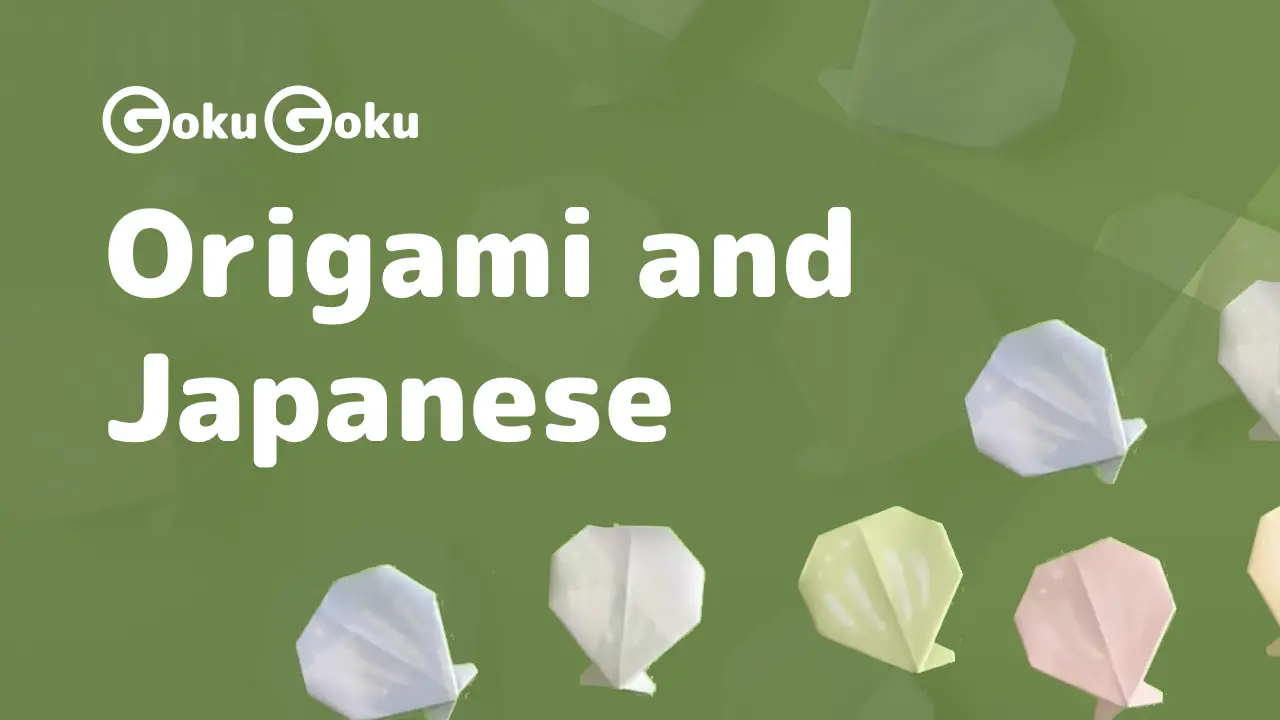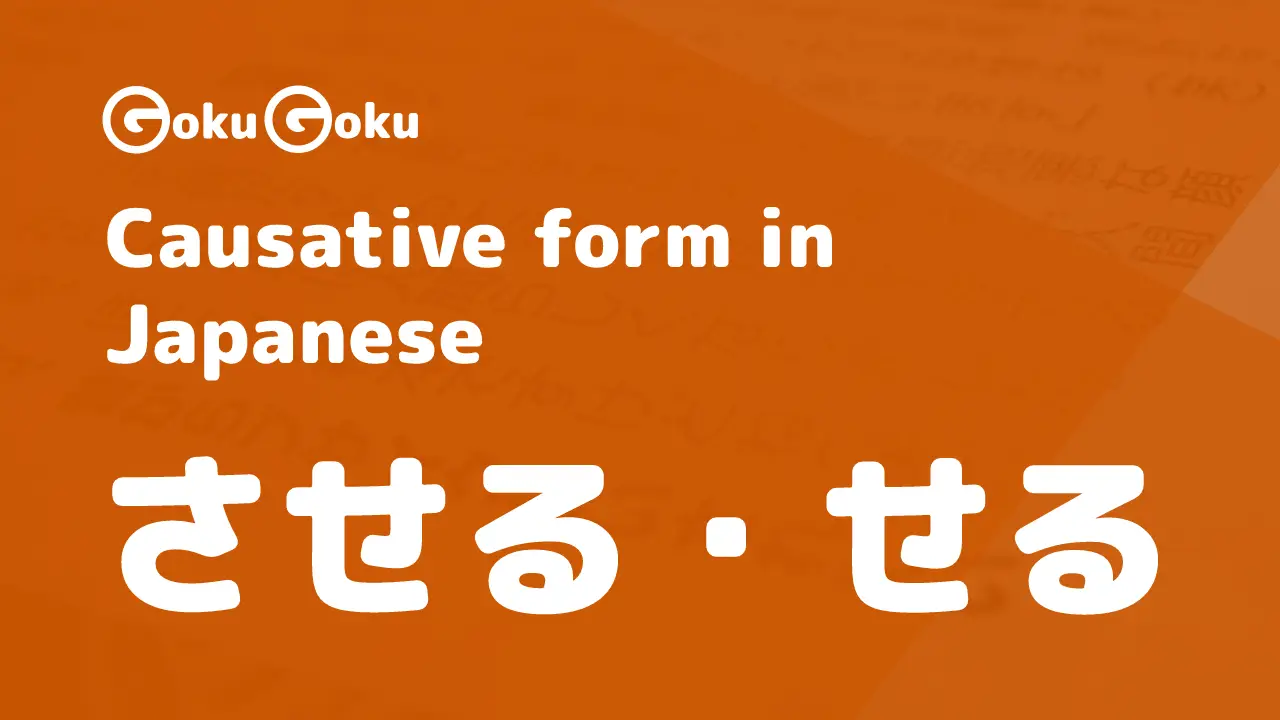Conditional Forms in Japanese (たら, なら, と, ば)
Sandro Maglione
Get in touch with meThe conditional form (if) in Japanese is not as simple as in other languages. In fact, in Japanese there are several ways to express the concept of if ... then.
These forms are:
たら
ば
と
なら
Each of these forms is used in different contexts based on the degree of "certainty" of the condition.
After reading this post you will be able to use the conditional in Japanese in all its forms and in every situation.
たら
The term たら (tara) can be translated as if or when depending on the context of the sentence in which it is used.
The meaning expressed by (A) ~ たら (B) is:
When action (A) is complete or occurs, action (B) follows which is the result of (A)
Literally the meaning of たら becomes if / when it happens (A), then it happens (B).
This form can be used both for hypothetical results (probably if (A), then (B)) and for certain results (when (A), then it will be (B)).
For this reason, when in doubt about which conditional form to use, it is often convenient to choose the form たら. In fact, the other terms we are going to see are more specific and can only be used when the conditional is of a certain type (hypothetical or certain).
仕事が早く終わったら、飲み会に参加する。
If the work ends soon, I will join you for a drink.
As we see in the example, the verb 終わる (to finish) is conjugated in the form たら to express the conditional: If ... then ....
How the conditional is formed with たら
To use the form たら just:
Conjugate the preceding term in the ta form (た) (past tense)
Add ら
Verb Conjugation - たら
Conjugation of adjectives in い - たら
Conjugation of adjectives in な and nouns - たら
ば
ば (ba) is used when we want to express a hypothetical result. The term ば in fact emphasizes the fact that if an event (A) occurs, then event (B) will happen.
This form indicates a strong connection between the two events in succession: the event (B) is linked to the occurrence of the event (A); if event (A) does not exist or does not occur, then event (B) does not exist as well.
ば is typically used with:
Assumptions (I assume that
if (A), then (B))General facts (we know that
if (A), then (B))
ば cannot be used to express intentions, orders, or actions you perform on yourself. This is because the situations expressed must be hypothetical, and when you express a conditional on yourself you can decide what the result will be (it is not hypothetical).
明日雨が降れば、映画を見に行く。
If tomorrow is raining, then I am going to watch a movie.
As we see from the example, the conditional form expressed by the sentence is hypothetical: if it rains, then I go. This is because you are not in control of the weather, and therefore you cannot decide what will happen.
In this case we use ば to indicate that if it rains (condition (A)), then I'm going to see a movie (consequence (B)). The use of ば makes us understand that watching a movie is closely related to the occurrence of rain. Without the rain, the action of seeing a movie doesn't exist.
How the conditional is formed with ば
Compared to other conditional forms, the ば form requires you to change the base used.
ば form for verbs
To conjugate the form in ば we must:
Change the base of the dictionary form from /u/ to /e/
Add ば
We see below some examples of conjugation.
For Ichidan verbs:
For Godan verbs:
For irregular verbs する and 来る:
ば form for い adjectives
For adjectives in い just remove い and add ければ:
ば form for な adjectives and nouns
For adjectives in な and nouns just add ならば:
Negative ば form for い verbs and adjectives
To express instead if (A) does not happen, then (B), for verbs and adjectives in い one must:
Conjugate the term in the negative with ない
Change the final ~い with ~ければ
Negative ば form for な adjectives and nouns
The same negative form for adjectives in な and nouns is formed:
Add ではない (formal) or じゃない (colloquial)
Change the final ~い with ~ければ
と
The particle と (to) can also be used to express a conditional. In this case, the conditional expresses a situation that is sure to happen: when event (A) occurs it is safe or natural that event (B) will happen as well.
と emphasizes a close correlation between the two events. This conditional form can therefore be translated as whenever (A) occurs, (B) also occurs. For this reason, と is used with facts or general realities that are always true.
The use of と is the opposite of ば, which instead indicates a hypothetical form
勉強をすると、テストは簡単になる。
If you study, the test will become easy.
As we see from the example, と indicates that if you study, then it will be easy.
This correlation between study and ease of testing is regarded as a natural and always a valid consequence (<u>not hypothetical</u>). For this reason と is used.
ボールを落とすと落ちる。
If you release the ball, it will fall.
The fact that the ball will fall is indisputable and always true. Therefore と is also used in this situation.
How the conditional is formed with と
The conditional form with と is very easy to conjugate compared to the other forms. To use と with verbs and adjectives in い just add と after the term that precedes it, without modifications or particular conjugations.
For adjectives in な and nouns we must instead add the copula だ before と, to distinguish this use of と from its other variants.
といい
といい (toii) is a form that uses the particle と in its meaning of if. といい is made up of:
Particle と conditional
ifAdjective いい (
good)
When we put these two terms together we form といい, which means if (A), then it will be good.
Given the terms from which it is composed, といい can be translated with other common meanings depending on the context, including:
I hope that ...you should ...it would be good if ...
なら
The conditional form with なら (nara) is related to the context. なら is used when we want to express a condition linked to an external event.
皆が行くなら私も行く。
If everyone goes, then I go as well.
As we can see from the example, the conditional is related to the fact that everyone goes. A more literal translation is since everyone goes, then so do I.
In a sense, the use of なら is used to explain what would happen if a certain condition (context) were to occur. A literal translation is if given that ....
How the conditional is formed with なら
To conjugate the conditional with なら simply add なら after the term, verb, adjective, or noun (as opposed to と, なら does not require the use of the copula だ).
You can also use ならば for this conditional form. ならば has the same meaning as なら, but is used in more formal contexts.
もし - Add uncertainty
もし is another term related to the conditional forms. もし is usually used at the beginning of the sentence to add an extra sense of uncertainty.
A possible literal translation of もし is if by chance. もし emphasizes a sense of uncertainty translated as by chance.
もし must be paired with one of the other conditional forms we saw earlier.
もしよかったら、映画を見に行きますか?
If that's okay with you, shall we go see a movie?
This is all there is to know about the conditional form in Japanese. We have seen what forms exist to express the conditional in Japanese and how these forms are conjugated and used.
As we have seen, the term if is not as simple to use as it is in other languages. In Japanese we have a few more rules to remember, but once you learn them, we will have the ability to express conditions in any situation at hand.
That's all for today. In a future post we will go into more detail to see other examples and nuances on conditionals. If you want to stay up to date, you can subscribe to our newsletter below 👇
Thanks for reading.





